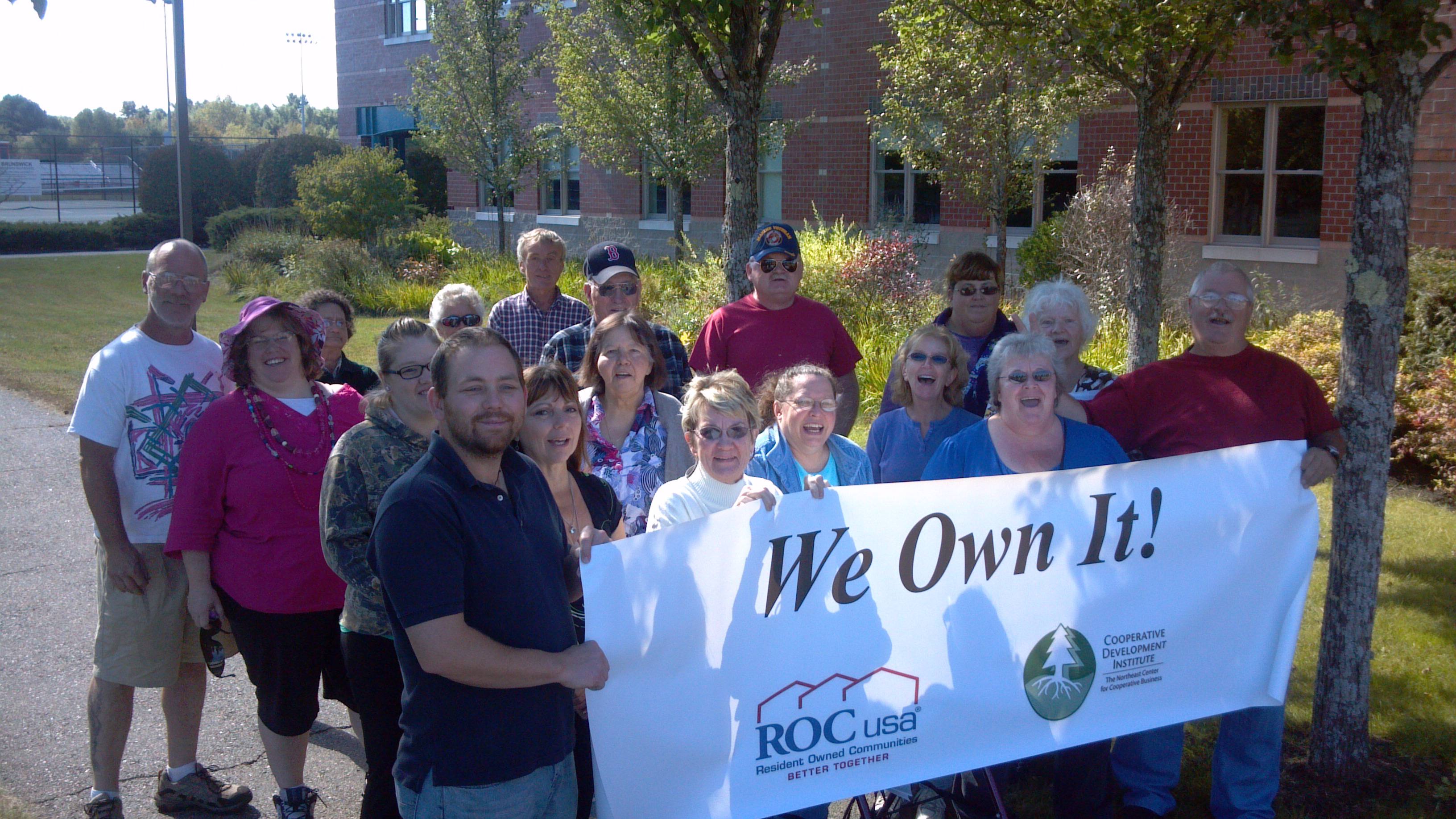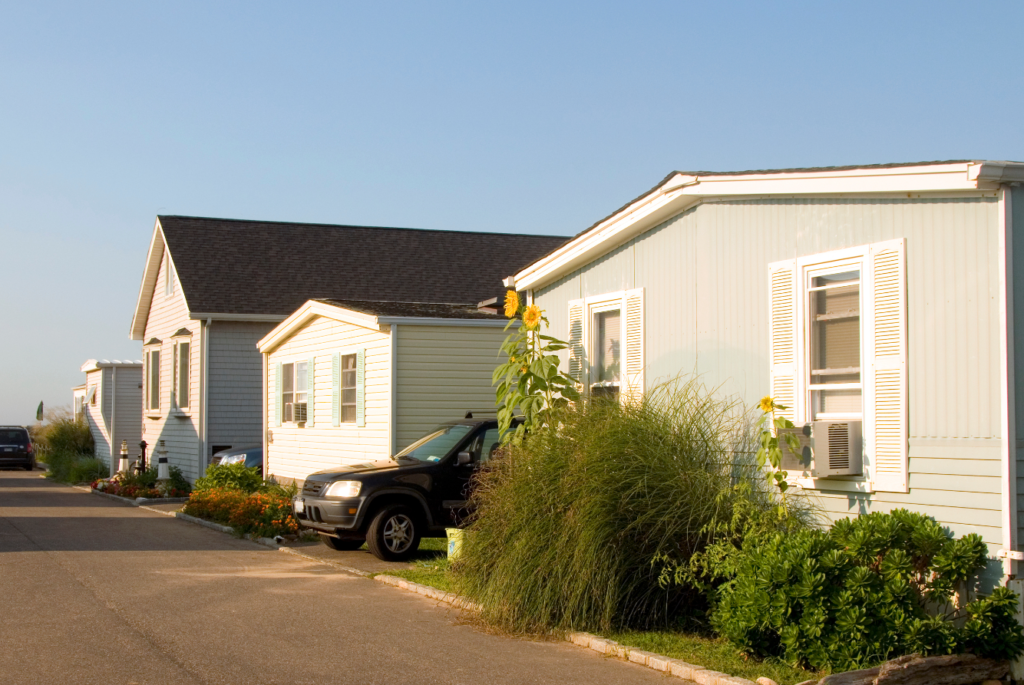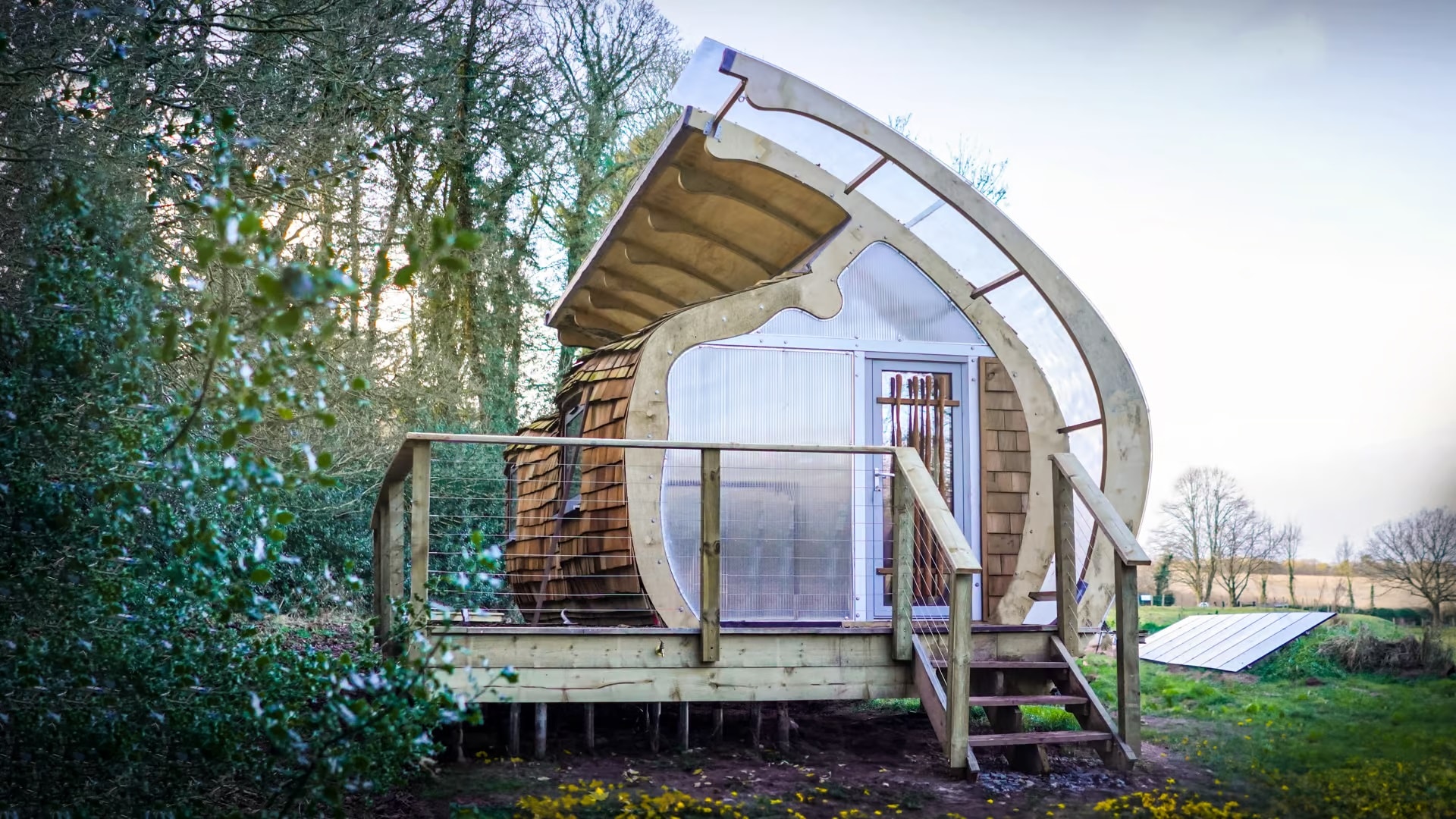In the face of the affordable housing crisis across the United States, an innovative solution has emerged from the most unlikely of places: manufactured home parks.

.
Traditionally viewed with a mix of skepticism and underestimation, these communities are at the forefront of a movement that could redefine affordable housing in America. Central to this transformation are resident-owned cooperatives, a model where residents themselves own and manage their communities. This revolutionary approach not only contributes to housing stability but also shields residents from the unpredictabilities of the housing market and the often predatory practices of institutional investors.
Empowerment Through Collective Ownership
The core advantage of resident-owned communities lies in the unprecedented control they afford residents over crucial decisions affecting their lives, including rent setting and investments in maintenance and improvements. This control mechanism serves as a bulwark against the sudden rent hikes and neglectful management that frequently plague parks under external ownership.

.
By fostering a culture of collective ownership, these cooperatives encourage a more engaged community effort in the upkeep and enhancement of their living environment. This not only helps in maintaining affordable living conditions but also potentially increases property values, creating a win-win situation for all members involved.
A Testament to Financial Viability and Community Resilience
The non-profit organization Resident Owned Communities (ROC) has been instrumental in championing this cause, aiding over 17,000 homeowners in 17 states to transition to this cooperative model. The financial statistics from these communities offer a compelling narrative of success and sustainability. On average, site fee increases in these cooperatives have been kept to a mere 0.86% per year—significantly lower than the national average of 3.9%. Furthermore, lot fees in these communities have been reported to be $32.7 cheaper per month after five years, signaling not just the affordability but the economic efficiency of the cooperative model. Remarkably, none of the resident-owned park cooperatives have encountered foreclosure or bankruptcy, a testament to their financial stability even amidst communities with a considerable number of low-income households.
.
Beyond Housing: Fostering Community and Stability
The implications of the resident-owned cooperative model extend far beyond mere affordability. By involving residents directly in the management and decision-making processes, these cooperatives empower individuals, providing them with a tangible stake in their community’s future. This empowerment fosters a stronger sense of community and belonging among residents, further solidifying the social fabric of these neighborhoods. Moreover, this model serves as a proactive stance against the exploitation by profit-driven investors, ensuring that the needs and well-being of the residents always take precedence.
In essence, resident-owned manufactured home park cooperatives represent a chance for many people in the ongoing struggle for affordable housing. By prioritizing the welfare and empowerment of residents, these cooperatives not only provide a viable housing solution but also herald a new era of community-driven living.
.
Gary Fleisher is a renowned blogger, consultant, and commentator on construction and housing trends, known for his insightful analysis of the industry.



